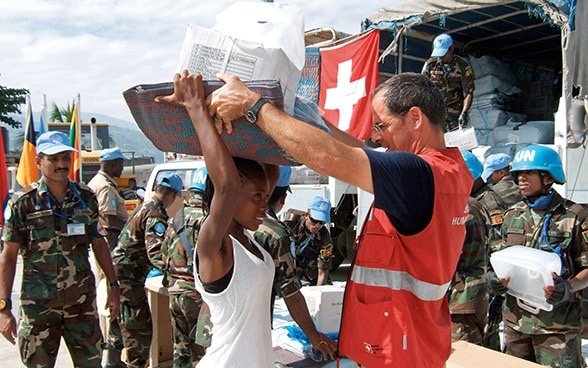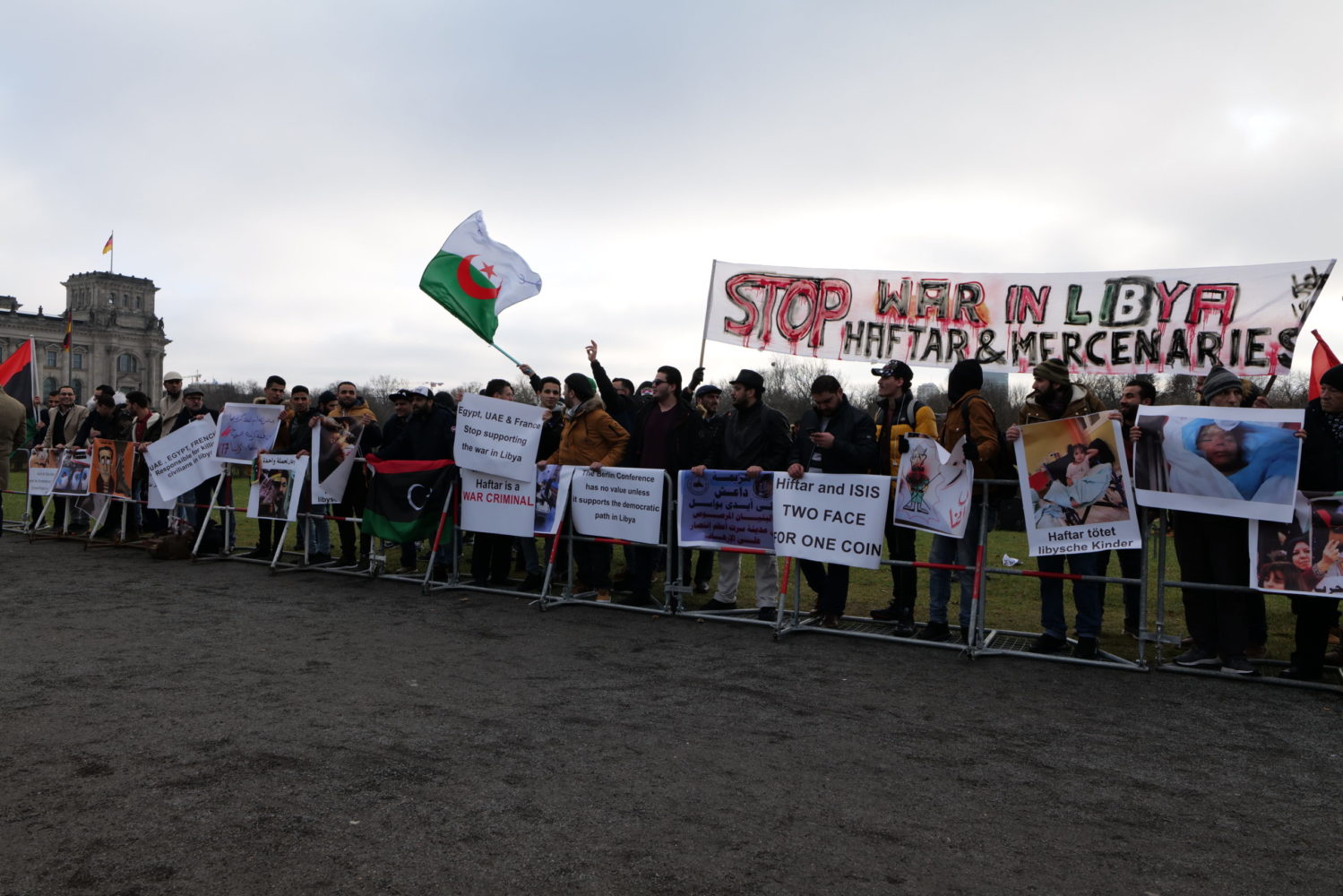The European Union is ready to step in, is it going to be enough?

By Gaia Renzi, Intelligence Division Intern of STAM Strategic & Partners Group Ltd, March 2020
Will a new mission be enough to secure European interests in its southern flank? Are there the precondition for a successful involvement of the European Union? After few weeks of uncertainties of the European leaders and the incessant violation of the ceasefire by both Libyan parties, the European Union has finally decided to launch a new mission to enforce the arms embargo in Libya supported by the last UN Security Council that endorses the conclusions of the Berlin Conference.
On the 12th February, the UN Security Council finally adopted the Resolution 2510 – calling for a real ceasefire and for the enforcement of the arms embargo – with 14 votes in favour and the abstention of the Russian Federation representative. The aforementioned stressed his abstention due to the fact that there is still no clear consent between the Libyan parties to the conflict to guarantee the implementation of the resolution and that, thus, even if Russia is favourable to see the end of the conflict, the resolution would have been only a tool in the hands of foreign states. This clear position generated the response of the US representative that openly accused Russia to help the LNA with mercenaries further destabilizing the situation. Not much than that is expected by the transatlantic superpower on the matter. The United States will in fact most probably keep a low profile and leave space to the already involved regional powers to solve the Libyan issue. The most probable scenario of the events will continue to include Turkey and Russia as main relevant actors with a mild involvement of Arab and European countries.
From the ashes of the Operation Sophia, namely a humanitarian mission aimed at preventing human trafficking in the Mediterraneanand stopped by the previous Italian government no longer accepting migrants on its soil, the European leaders agreed on brand new operation with completely different objectives. The military vessels intended to for the mission will be focused on safeguarding the arms embargo and, for this reason, deployed in the east of the Libyan coasts far from the usual migration routes. International duties will, in any case, oblige the ships to rescue migrants – that may choose a different and longer path due to the possibility of being rescued and safely transported in the European continent – and to bring once again the question of burden sharing to the table of the European powers. In particular, the Austrian leadership, that was already sceptical about the new mission, may obstruct a new deal for managing a new flow of migrants.
In concrete terms, a naval mission – as proposed in the last days – will target only those arms transferred by sea and that, so far, comprehends mainly Turkish supplies to Al Sarraj. the illicit flows of arms to Haftar by air – with UAE already deploying aircrafts – and by land – through the borders with Egypt will thus remain almost completely undisturbed. A new mission without an effective aerial power able to detect and deter the two Libyan leaders and their external allies will only further destabilize the situation. The vessels, thus, will annoy Turkey supplying the UN- backed government of Al Sarraj while Haftar will be able to collect capabilities to launch its final attack.
Gen. Graziano, as Chairman of EU Military Committee and as military advisor of Borrell, the current High Representative of the European Union, highlighted the criticality of the situation for the European continent. A series of interlinked security challenges is now urging the European Union to act. On its side Borrell confirmed the soon-to-be new operation will be equipped with ships, plane and satellites to have a more comprehensive control of the area. The new operation will patrol about 100km off the coast of Libya to stop the smuggling of weapons into Libya with the side tasks of fighting organised crime responsible for migration. Still unclear who will have the leadership of the operation; Italy, that was leading the former operation and despite its spoken intention to play a relevant role in the Libyan scenario, will get bogged down in the current sanitary emergency.
The political and bureaucratic machine of the EU is thus finally moving. The new mission will require time and a proper equipment (at least an aerial force to be deployed jointly with the vessels) to detect illegal flows of weapons. The European Union will have to do much more to assure a deterrence capacity and capability that – currently – it does not have in the Libyan conflict.




